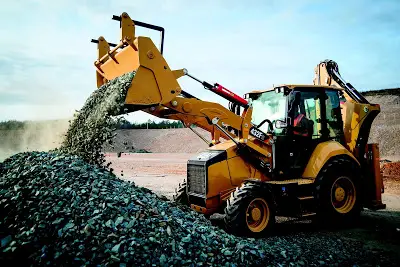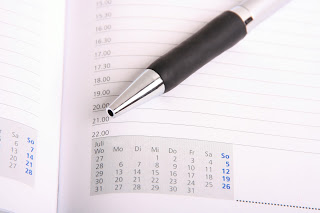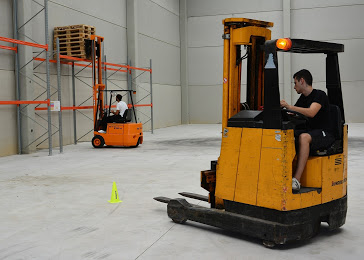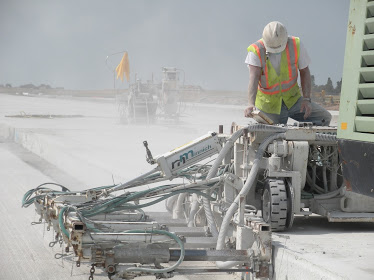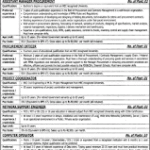Earthmoving and heavy-lifting equipment are essential to the agricultural, construction, and mining industries all over the world. These expensive and necessary machines need to be used to their maximum efficiency and effective potential in order for such demanding work to be conducted. Savings can be made on high quality industrial surplus machinery.
To ensure the safety of the operators and the optimum performance of these expensive pieces of industrial machinery, it is essential to have preventative maintenance done on a regular basis. To help you out we’ve pulled together this guide of heavy equipment maintenance checklist with tips that will help to keep the pistons pumping and the gears grinding on your heavy-duty equipment.
Stick To A Regular Schedule
Just like your yearly check-up with your doctor, regular check-ups on the overall condition and functionality of your heavy equipment will help to maintain the standard and expected performance of your machinery. Typically, non-scheduled emergency repair work and maintenance must be done under a serious time crunch and is subject to human error.
According to the Occupational Safety and Health Administration, up to 20 percent of all industrial accidents relate to maintenance operations, and 15 percent involve employee fatalities. Taking all essential preventative measures works to keep operators safe and ensures the expected lifespan of your heavy equipment.
-
Hold on! Here’s another article on tips for hiring heavy equipment
Maintaining and checking equipment on a regular basis helps you catch minor issues before they turn into larger and more expensive ones. That helps to drive home the point that it is essential for your earthmoving machines to have maintenance checks done according to a regular schedule.
-
Use The Proper Tools For The Specific Job
In order to match the right equipment with the precise task that it is designed to do requires you to consider a number of different variables. These include elemental effects like climate, material composition, terrain, and other factors. It is also very important to ensure that all performance accessories and attachments such as ploughs and buckets are designed to be used specifically with your machine. Given that the safety of your crew who are operating this potentially dangerous and heavy equipment is at stake, you cannot afford to simply guess.
All machines and attachments should be checked and double-checked before they are used out in the field. Your wallet and workers will thank you. Whenever you are replacing parts, it is important to not assume that the first ones you find are the best ones for your machines. Seals, gaskets, roller chains, bearings, etc must be the proper size and quality and also have the proper load-bearing characteristics for your equipment.
Like Us on Facebook!
Where do you purchase tools and equipment? You might need a wide range of tools and equipment for your business. So, it’s important to source them from reputable sellers. For instance, if you’re looking for hydraulic crimper sales in Sydney, you can check online resources to verify the best manufacturers and distributors of your prospective tools and equipment.
Subscribe Us on YouTube!
Don’t Overwork Machinery
You should never exceed the stated limitations and performance specifications of your equipment that are found in your operator/owner manual. In any industry that uses heavy equipment on a regular basis, efficiency and effectiveness are key to optimum performance and obtaining the best results. Knowing and adhering to weight limits for inclines and loads for transit is an effective way to ensure that your heavy machinery continues to work as intended.
-
Hold on! Here’s another article on Gantry Cranes: A Comprehensive Guide to Ensure Success in Your Next Project
A majority of modern heavy machinery is programmed with several different power modes. Operators must ensure that their machines are set to the right power mode for the specific job. Minimizing your equipment’s idle and travel time can also add to its longevity.
You need to set a standard operating procedure or protocol that workers should strictly follow to avoid overworking machinery. You can also assign someone to monitor this aspect of equipment operations. If a piece of equipment or machinery needs repair, make sure that prompt repair services are available to avoid production delays.
- Put Your Toys Away
In addition to having regular maintenance checks done on your heavy machinery as an active way to prevent damage, another necessity is to properly store your heavy equipment. It is a more passive way to ensure safe and optimal performance. All large machines should be stored in moisture-free, covered storage, and if necessary, with environmental control. That will help to keep your equipment protected against water damage, which can lead to corrosion and rust, and also against harsh, direct sunlight.
-
Hold on! Here’s another article on Excavator For Sale: A Comprehensive Buyers Guide
Ensure Safe Heavy Equipment Operations
How do you ensure safety in equipment operations? Operating a heavy equipment entails good physical and mental well-being. Hence, a crucial part of managing heavy equipment is ensuring that your operators are in good health and mental status to avoid accidents.
In addition, you should set clear policies on the best way, time, and place to operate a piece of equipment to cut down on costs associated with production and workplace injury claims. Of course, you also need to make sure that you hire experienced and highly trained equipment operators to avoid costly claims from inexperienced workers who got injured operating a heavy equipment.
Knowledge is Power
Your machines are only as useful as the people who operate them. To minimize risk while maintaining the highest operational standards, everyone who comes in contact with or uses the equipment needs to be familiar with and trained on the proper use of every piece of equipment on the job.
-
Hold on! Here’s another article on Excavators – The Cornerstone of the Construction Industry
Basic hands-on instruction may be sufficient for some machines, while others might necessitate special certifications before the machinery is operated. Follow your operator/owner manual as well as other official guidelines that pertain to your specific equipment model, job type, and industry before allowing anyone to use your backhoe.


